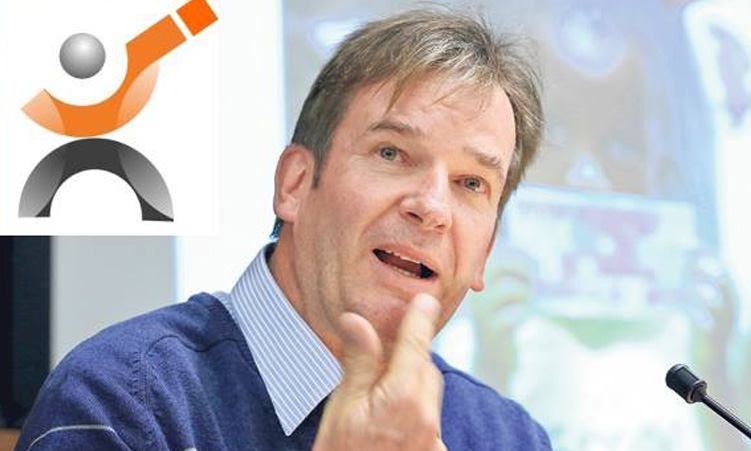About 25% of Namibians who earn an income can only afford to spend N$521 on goods and services a month, a research firm has said.
Meanwhile, 1% of income earners can afford to spend 76 times more (N$40 000 monthly).
Cirrus Capital says ‘income earners’ has been defined as having worked at least one hour in the past seven days for cash or in-kind payments, including subsistence farming for oneself.
Another 25% can only afford to consume N$1 185 while the rest can afford to spend between N$2 363 and N$16 269.
According to Cirrus head of data and analytics Tannan Groenewald, 90% of all those earning any sort of income cannot afford to spend more than N$5 000 monthly.
“With 43% of Namibians unemployed, and many ‘employed’ persons barely scraping by, this disparity is unsurprising,” says Groenewald.
He says there has been a deteriorating trend in people’s incomes on the backdrop of rising inflation over the years.
“As a primary means of survival, reliance on self-sourced income is declining – salaries and wages, farming (both subsistence and commercial), and non-farming business activities are all down,” says Groenewald.
Additionally, the reliance on state support has increased.
During the 2023/2024 financial year, the government injected N$1.5 billion into the drought relief programme.
The number of drought relief beneficiary households has also doubled from 172 009 in 2023 to 364 927 in 2024.

In October, Cabinet approved the enrolment of an additional 64 525 households to the drought relief programme, which was set to cost N$256 million for the 2025/2026 financial year.
“Reliance on state support – including the old age grant, other grants, food banks, and drought relief – has risen to nearly a quarter of Namibian households,” says Groenewald.
According to the data by Cirrus, 28.7% of all households now live in shacks, up from 16.0% in 2011.
“In absolute terms, this has tripled from 74 000 to 217 000 households. In the Khomas region, nearly half of all households now reside in shacks,” says Groenewald.
“Going through the 2023 census results, I genuinely could not find any positive takeaways.
When the preliminary results were released earlier this year, I considered the 50/50 urban/rural split to be a positive, although the final results revealed the true reality of this,” he says.

Labour analyst Herbert Jauch says the crisis in the country continues to worsen.
“We are truly in a deep crisis which continues to be reflected in unemployment, poverty, inequality and informal settlements,” says Jauch.
He says the country needs a structural change.
“In the absence of new data on our labour market, we can only predict that the crisis is deepening. What Namibia needs is fundamental and structural changes,” says Jauch.
The data was calculated using the Namibia Household Income and Expenditure Survey ‘15/16, adjusted to current values, Groenewald says.
Landless People’s Movement spokesperson Lifalaza Simataa says the delay from the Namibia Statistics Agency (NSA) in giving uneployment figures makes it difficult to address the issues of income inequality.
Simataa says the data will give a picture of how many people are unemployed, seasonally employed and employed full-time as well as what they are earning.
“This gives us an indication of what the financial situation of the majority of Namibians looks like and how we address this, because the solutions need to be sector-specific in trying to address the rich-poor gap,” he says.
He says the ruling government has failed to introduce policies that promote equal distribution of wealth over the last 30 years.
“The government, the ruling regime for the first 30 years plus, have had a lackluster approach on creating policies that safeguard and promote redistribution of wealth,” says Simataa.
He adds that another contributing factor is the lack of regulations that compel companies to pay taxes, therefore, cheating the state from funds that could be utilised to improve the lives of Namibians.
He says the same lack of regulations allows foreign companies to exploit Namibians, therefore, even when they are employed, it does not improve their livelihoods.
Stay informed with The Namibian – your source for credible journalism. Get in-depth reporting and opinions for
only N$85 a month. Invest in journalism, invest in democracy –
Subscribe Now!






